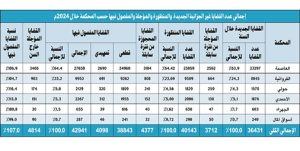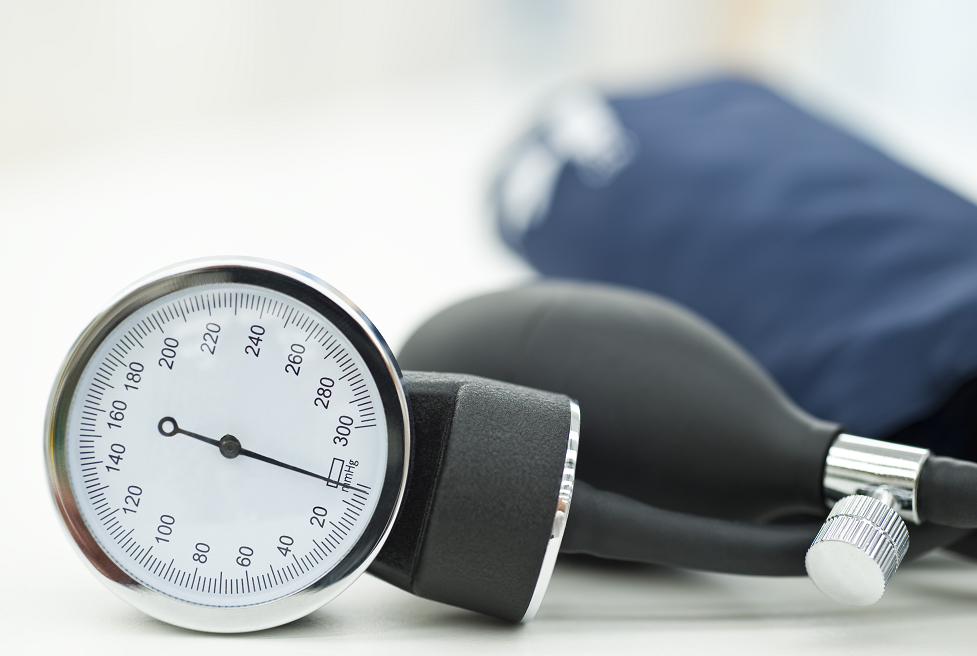A team of researchers has made a medical breakthrough by discovering an effective drug that significantly lowers blood pressure in patients suffering from severe hypertension resistant to conventional treatments.
About half of the 1.3 billion people worldwide with high blood pressure suffer from so-called “treatment-resistant” hypertension, making them more vulnerable to heart attacks, strokes, kidney diseases, and premature death.
A phase 3 clinical trial showed that the new drug, known as “Baxdrostat,” reduced systolic blood pressure by 9 to 10 mmHg compared to placebo after just 12 weeks of treatment.
The trial involved nearly 800 patients from 214 clinics worldwide, who received daily doses of Baxdrostat at 1 mg or 2 mg alongside their usual medications.
Results showed that 40% of patients taking Baxdrostat reached healthy blood pressure levels, compared to only 20% of those receiving placebo.
Professor Brian Williams, co-investigator from University College London, said: “Achieving a 10 mmHg reduction in blood pressure with Baxdrostat is a remarkable development, as it is associated with a significant decrease in the risks of heart attacks, strokes, heart failure, and kidney diseases.”
He added: “The drug showed sustained efficacy up to 32 weeks, with no unexpected side effects, making it a promising option for treating difficult cases.”
Baxdrostat works by inhibiting the production of the hormone aldosterone, which regulates salt and water balance in the body. Some patients produce excessive amounts, leading to fluid retention and high blood pressure.
For decades, attempts to control this hormone with drugs have been challenging, but Baxdrostat is the first treatment to target this imbalance directly and effectively.
Williams said: “About half of patients fail to control their blood pressure, and the real number might be even higher, especially with changing treatment targets. Our data suggest this drug could benefit up to half a billion people worldwide.”













Recommended for you
Talib Al-Rifai Chronicles Kuwaiti Art Heritage in "Doukhi.. Tasaseem Al-Saba"
Exhibition City Completes About 80% of Preparations for the Damascus International Fair Launch
Unified Admission Applications Start Tuesday with 640 Students to be Accepted in Medicine
Egypt Post: We Have Over 10 Million Customers in Savings Accounts and Offer Daily, Monthly, and Annual Returns
Al-Jaghbeer: The Industrial Sector Leads Economic Growth
His Highness Sheikh Isa bin Salman bin Hamad Al Khalifa Receives the United States Ambassador to the Kingdom of Bahrain